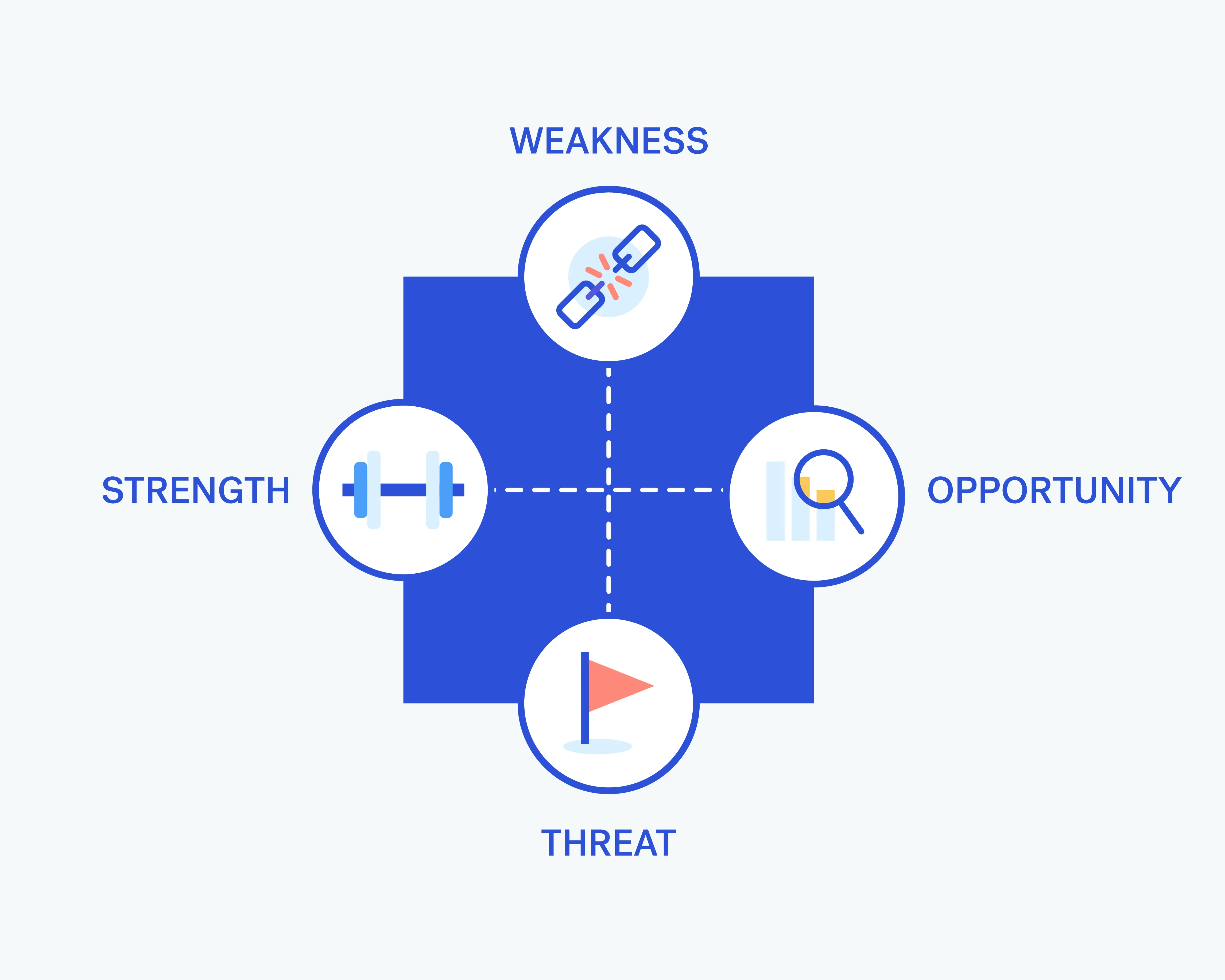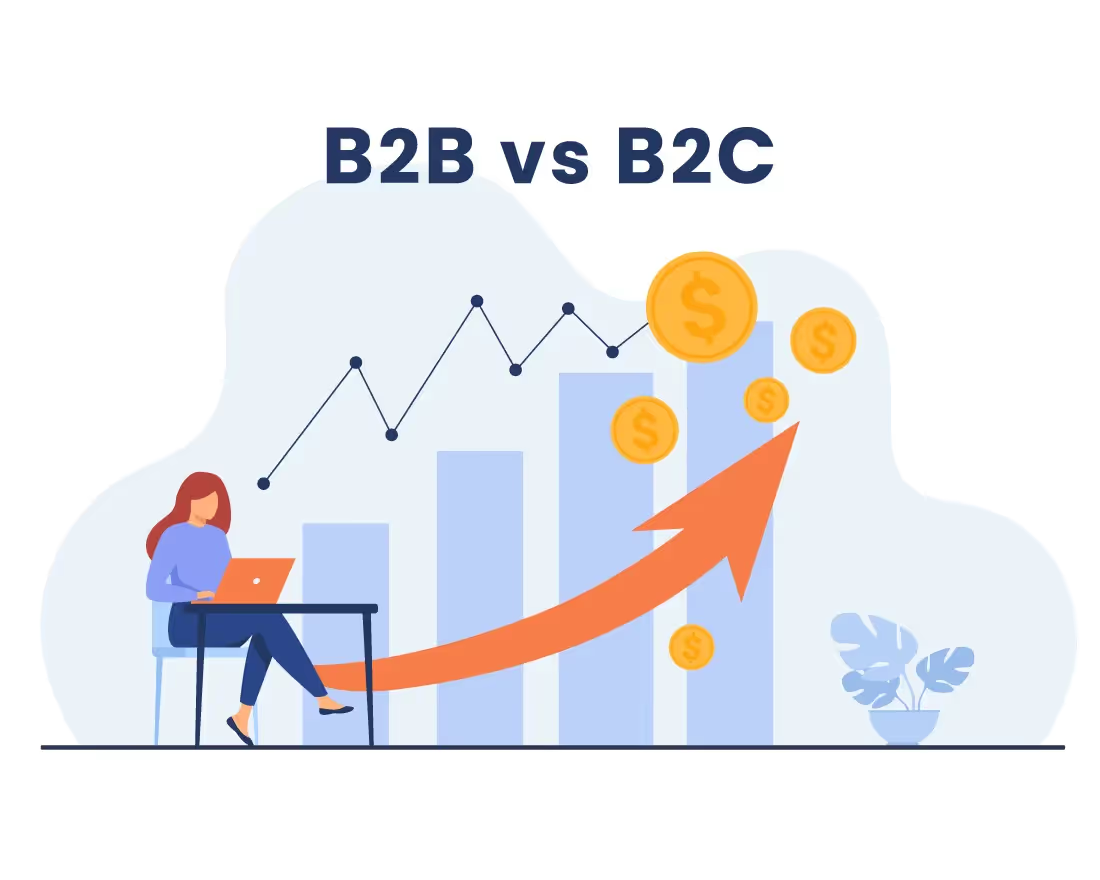
As some of the most important elements of the sales and marketing processes, sales enablement and content marketing both help organizations succeed. The two strategies share similarities, and they can be used together to attract leads and close more deals. Although they are often confused with one another, sales enablement and content marketing are distinct activities that have their own goals, techniques and metrics.
So, what exactly are sales enablement and content marketing, how are they different, and why are they important? How do the strategies help brands scale, and why are they so often confused? We’ve found the answers to all the above questions.
What is sales enablement?
What is sales enablement? It’s actually a fairly simple concept. Sales enablement refers to the process of providing sales teams with the tools they need to successfully close more deals. These tools can include everything from onboarding and training sessions to curated content and sales collateral.
An effective sales enablement strategy involves providing sales reps with resources that add value to their interactions with prospects, moving leads further down the sales funnel. Successful sales enablement managers then will periodically review their sales enablement processes and materials, refining their techniques based on sales results.
What is content marketing?
Content marketing, on the other hand, describes the process of creating and distributing valuable media and other materials like blogs, whitepapers, presentations, eBooks, videos and even social media posts for the purpose of generating more leads for a brand.
This content is designed to attract a target audience and acquire its business, but typically involves engaging prospects without directly selling anything to them. Rather, content marketing materials directly educate potential customers before, during and after any interactions with sales reps, increasing awareness of a product, service or brand, as well as their need for it.
How are sales enablement and content marketing similar?
It should be no surprise that sales enablement and content marketing strategies can overlap, as the two concepts share similarities. Most obviously, sales enablement involves providing teams with relevant and valuable content to use in their pursuit of more sales. Therefore, content marketing and sales enablement are similar in that they both provide interesting and educational information.
Content itself isn’t the only similarity between sales enablement and content marketing, however. Both sales functions require a thorough understanding of a target audience. Without clear data on their target customers, teams will fail in either pursuit. Further, both content marketing and sales enablement require strategic planning since teams must not only gain an understanding of their audiences, but also plan the best type of content to distribute to both target customers and the sales reps who will be working with them.
How are sales enablement and content marketing different?
If sales enablement and content marketing overlap so much, what’s the difference between them? Isn’t the sales enablement process of providing content to teams just another form of content marketing? While sales enablement and content marketing certainly can overlap – and they definitely can work together – they are two distinct aspects of the overall sales and marketing process. The primary way the two strategies differ is in their audience. While content marketing focuses on creating assets for potential buyers, sales enablement – including content – is designed to engage salespeople and teams.
In addition to their different audiences, the two processes generally involve different teams. Content marketers typically report to a company’s chief marketing officer, while sales enablement teams more often report to a chief sales officer. Plus, while content marketing teams usually focus on content development, sales enablement teams will have a broader focus that relates to guidance and training for sales reps that merely includes content.
Why are both important for teams scaling a business?
Both sales enablement and content marketing strategies are useful in scaling a business. In fact, the two processes can be used in conjunction with one another to close more deals and increase sales revenue. After all, content forms the foundation of sales enablement. Sales enablement managers and teams frequently rely on content marketing efforts to create the relevant materials used by sales teams, not only internally but also the external communications they present to their leads.
Content marketing teams also provide guidance on the brand’s proper tone, voice and messaging that is presented to a target market. Truth be told, content marketing offers its support throughout each stage of the customer journey, including brand awareness, referrals, engagement, consideration and purchase – provided that the content is used at the proper stage of the overall sales process. By working together to close more sales, content marketers and sales enablement teams can then help a brand scale its overall business toward maximum success.








